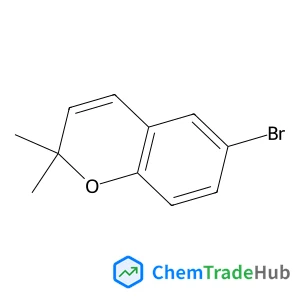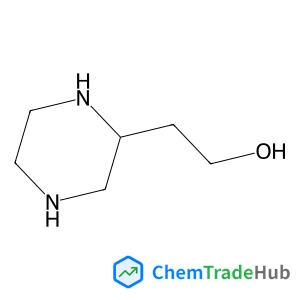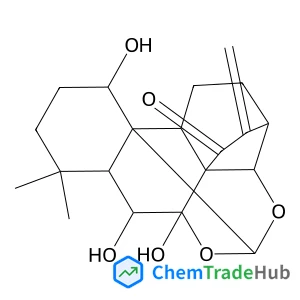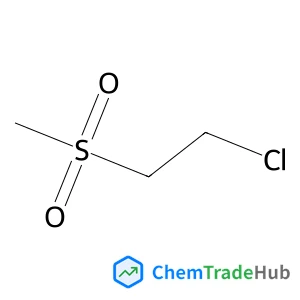From zinco(ii) arsaketenes to silylene-stabilised zinco arsinidene complexes
文献情報
Ernesto Ballestero-Martínez, Terrance J. Hadlington, Tibor Szilvási, Shenglai Yao, Matthias Driess
The decarbonylation of the first zinco(II) arsaketene complexes LZnAsCO (2) and LZn(AsCO)(NHC) (4) (L = {CH(CMeNDipp)2}−, Dipp = 2,6-iPr2C6H3; NHC = [C(Me)N(iPr)]2C:) has been investigated in the presence of the N-heterocyclic silylenes, tBuNHSi (tBuNHSi = [C(H)N(tBu)]2Si:) and DippNHSi (DippNHSi = [C(H)N(2,6-iPr2-C6H3)]2Si:). Depending on the steric demand of the NHSi donor, dimers or monomers of silylene-stabilised arsinidenes are isolated. The bonding situations in all of the novel arsinidene complexes have been elucidated through X-ray diffraction analyses and theoretical calculations.
関連文献
IF 6.367
Recent developments in carbon nitride based films for photoelectrochemical water splittingIF 6.367
Contents listIF 6.222
Microscopic insights into long-range 1D ordering in a dense semi-disordered molecular overlayerIF 6.222
Heterogeneous toroidal spiral particles for islet encapsulationIF 6.843
Sensitive and specific detection of tumour cells based on a multivalent DNA nanocreeper and a multiplexed fluorescence supersandwichIF 6.222
Biomaterials Science Emerging Investigators 2021IF 6.843
An overview of latest advances in exploring bioactive peptide hydrogels for neural tissue engineeringIF 6.843
Three-terminal III–V/Si tandem solar cells enabled by a transparent conductive adhesiveIF 6.367
Carbon and carbon composites obtained using deep eutectic solvents and aqueous dilutions thereofIF 6.222
掲載誌
Chemical Communications
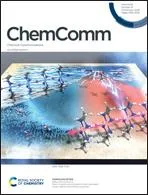
ChemComm publishes urgent research which is of outstanding significance and interest to experts in the field, while also appealing to the journal’s broad chemistry readership. Our communication format is ideally suited to short, urgent studies that are of such importance that they require accelerated publication. Our scope covers all topics in chemistry, and research at the interface of chemistry and other disciplines (such as materials science, nanoscience, physics, engineering and biology) where there is a significant novelty in the chemistry aspects. Major topic areas covered include: Analytical Chemistry Catalysis Chemical Biology and medicinal chemistry Computational Chemistry and Machine Learning Energy and sustainable chemistry Environmental Chemistry Green Chemistry Inorganic Chemistry Materials Chemistry Nanoscience Organic Chemistry Physical Chemistry Polymer Chemistry Supramolecular Chemistry
おすすめサプライヤー
 广州観泓生物科技有限公司
广州観泓生物科技有限公司 鎧碩化学工業販売有限公司
鎧碩化学工業販売有限公司 MSR エレクトロニクス GmbH
MSR エレクトロニクス GmbH 銀 tuyu 化学 有限責任 公司
銀 tuyu 化学 有限責任 公司 Aylward Europe, GmbH
Aylward Europe, GmbH 安徽黄山市嘉徽医药化工有限责任
安徽黄山市嘉徽医药化工有限责任 コンシックソフトウェアエンジニアリング
コンシックソフトウェアエンジニアリング 岐阜宝冶チタンニッケル製造有限责任公司
岐阜宝冶チタンニッケル製造有限责任公司 南京皓信 euth药科技Limited
南京皓信 euth药科技Limited 連雲港倍力達新素材有限公司
連雲港倍力達新素材有限公司










![37845-14-0 - 4,5-Dihydronaphtho[1,2-c]furan-1,3-dione 37845-14-0 - 4,5-Dihydronaphtho[1,2-c]furan-1,3-dione](/structs/378/37845-14-0-f8d0.webp)
